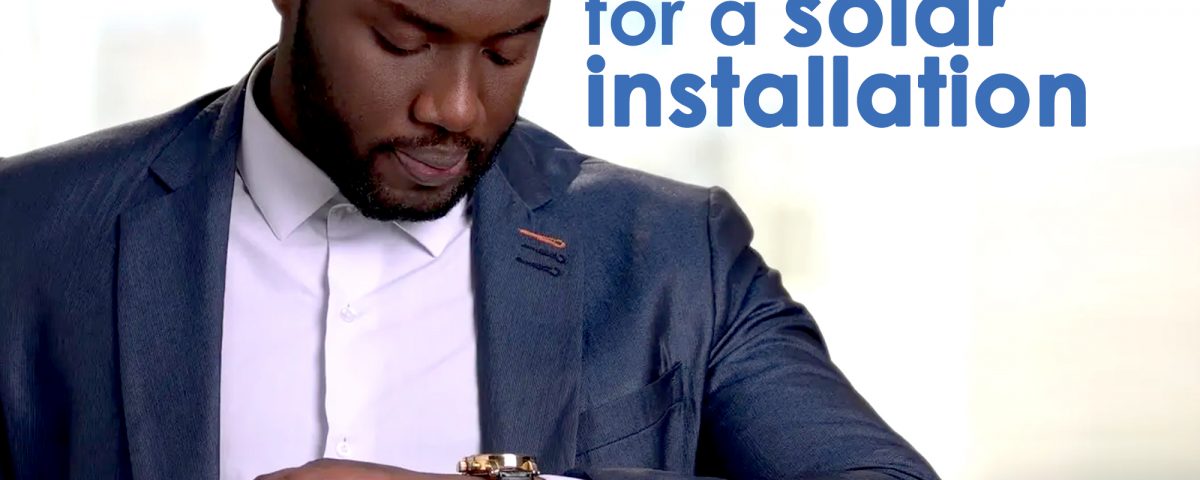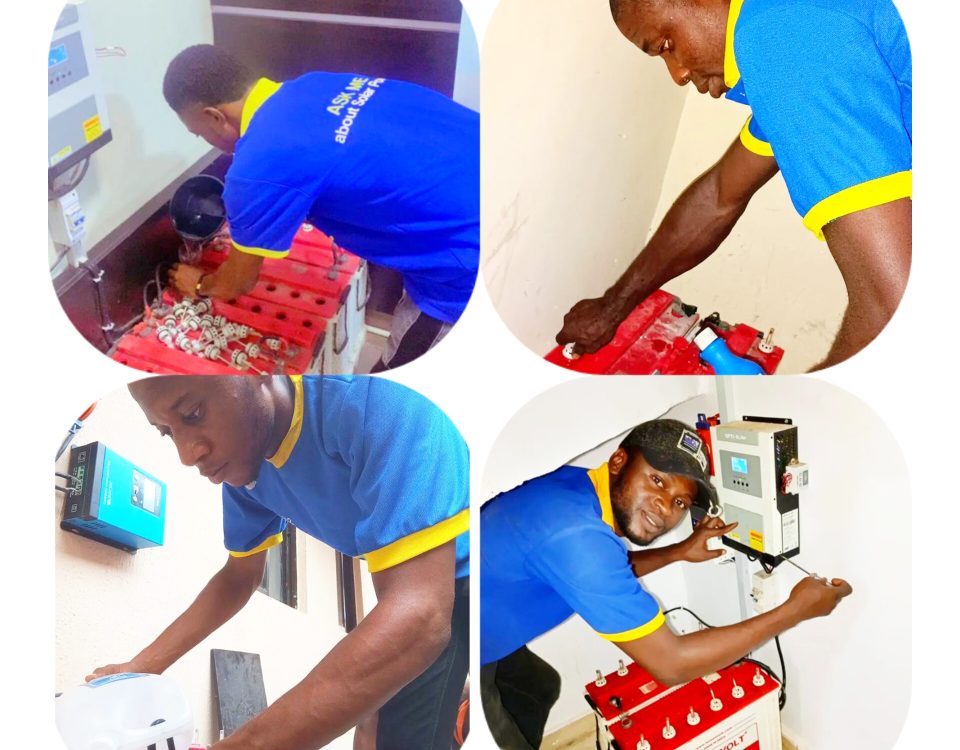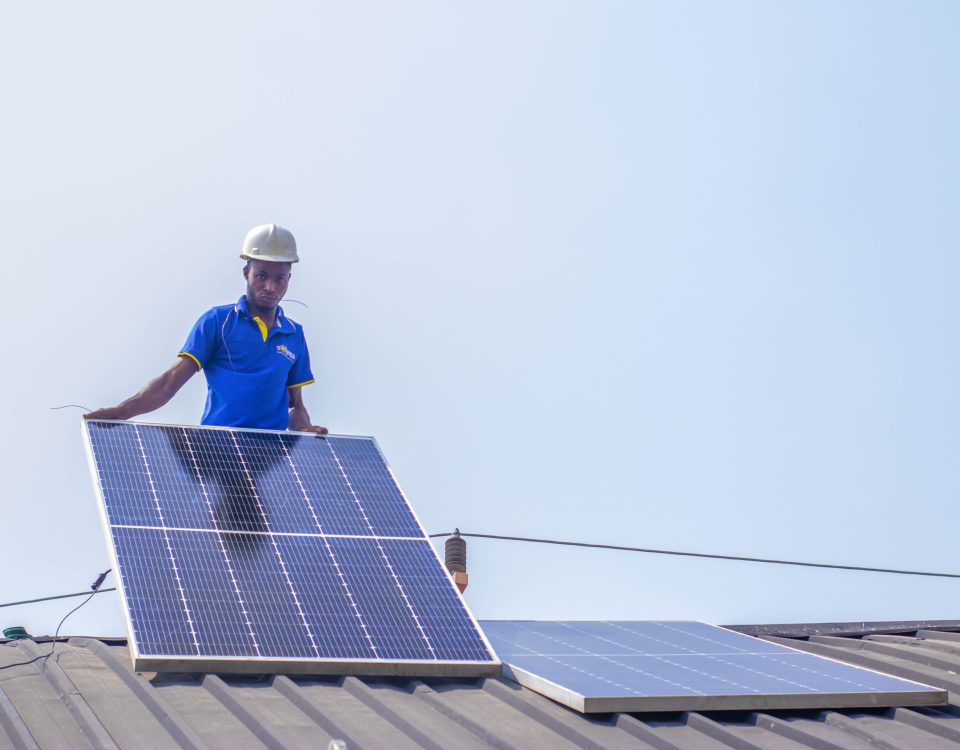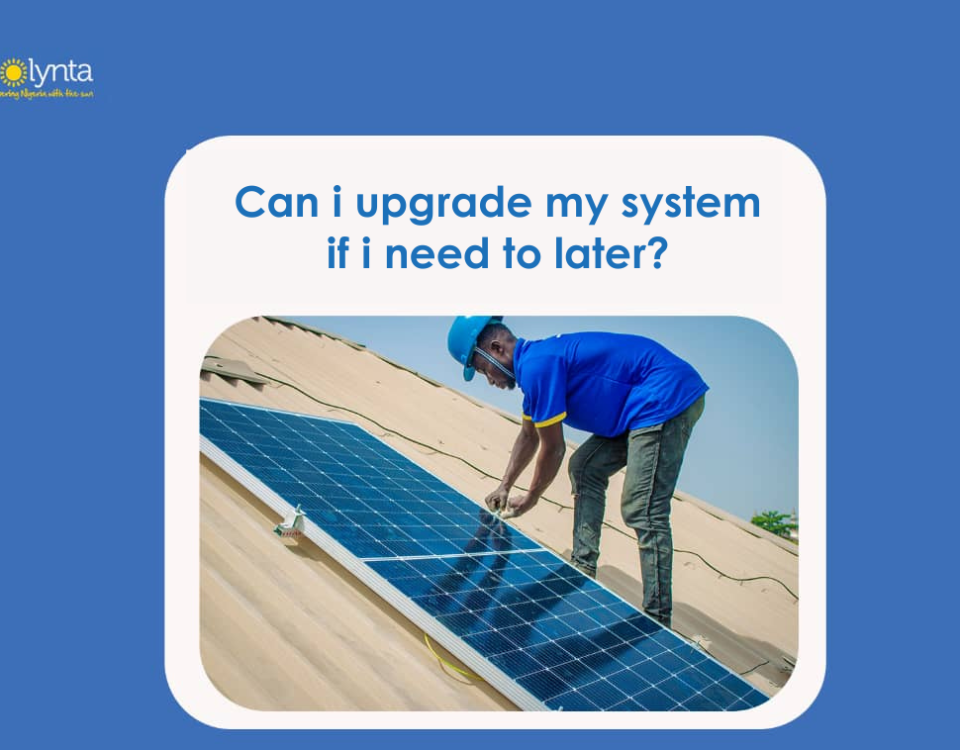Choosing the Perfect Time for a Solar Installation

What You Can Do About the Cloudy Weather
2020-09-19
3 Million Solar Rooftop by 2030
2020-10-01When you do decide to go solar, there will be a lot of questions that will arise. One of such is the right time to have your solar installed.
With just two seasons on the Nigerian calendar, it’s either the rainy season or the dry season and installations can be conducted all year round. But there are a number of reasons why it is advisable to opt for the upcoming dry season. Here are some reasons for that choice:
- The Harmattan has more days of sun.
The time span for the dry season slightly differs from region to region in Nigeria. Some states up north begin to experience the season as early as mid September or October, while states in the south do not get to enjoy the season till a little later in the year. All the same, Harmattan is known to be accompanied by consecutive sunny days.
With more days of sun, you are able to seamlessly do an installation (as it would be hazardous to attempt mounting a technology that wields electrical power in the rain or even on a gloomy day). Furthermore, an installation on a sunny day allows for a proper test run of the solar system. An installation typically takes a few hours and is followed by the test run to ensure that every component is working seamlessly and simultaneously.
- Less rain – Less Distractions
The unpredictability of the rainy season might pose a little concern when planning to do a solar installation. Especially in regions which is characterized by conventional rainfall (southern Nigeria). Unfortunately, the weather forecasts may not always be dependable in those swampy regions.
In the Harmattan, the showers are much fewer and last for shorter periods of time. Situations like these are less likely to destabilize an operation. Unlike a situation where the rain lasts for a number of hours or is in a continuous drizzle. Of course, the option to mount the panels is less likely in times like these.
- More Electric Charge
A solar system works to power your home or business by absorbing sunlight. With more consecutive days of sunlight in the harmattan, your solar system is set to work perfectly. Your solar batteries which serve as a power bank will be appropriately charged to serve in times of need.
On the flip side of the coin, the weather is mostly gloomy during the rainy season and thus, your solar panels absorb less sunlight to produce electricity.
Whatever the case, a solar installation is a future forward decision in the right direction. And regardless of the season, it can always be done once you partner with the right solar providers.
Are you yet to make a shift to solar power? Consider the forthcoming dry season. It would be an excellent way to celebrate the festivities. Click the link to get started https://bit.ly/3jcFsSx




